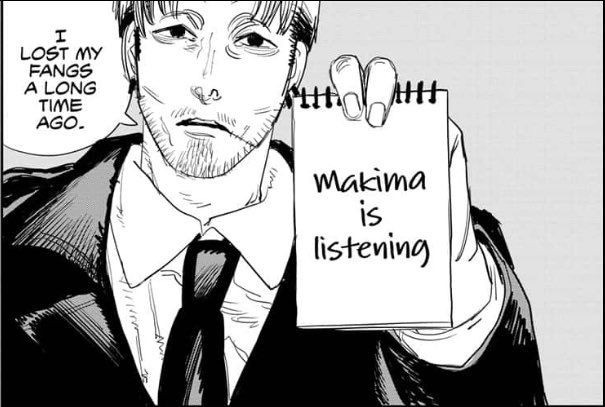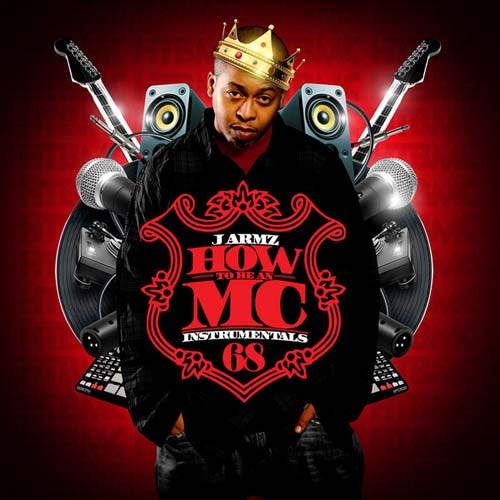🐠 The Next Wave 011: Context in Compilations
How history, perspective, and storytelling keep music fresh
Since I started DrewsThatDude as an artist alias, I’ve always viewed the power in a collection of songs even when it isnt formatted in the ways of a traditional album. I’ve had a lot of success and criticism over my constant re-releasing and re-mixing of songs, and I hear it all.
One group of people understands the concept of “new” and “old” being a matter of perspective. What’s new to you depends on when you encounter it. If you hear a song from the 1960s for the first time, it’s still new to you. And that context is everything.
Especially in this era of mass-released music and AI-generated tracks, the way to compete with the flood isn’t to drop more and more content. It’s to put your story in musical context. While some fans may get tired and yearn for “new new,” I’m more concerned with getting the most out of my music no matter how old it is. Context matters because time and space shift how a song feels. The job is on you as the artist to make it feel fresh for the audiences who’ve been with you for a while, while also creating music that can carry through different eras and still feel new to someone just finding it.
📖 History Lesson
Compilations have always been about more than convenience. In the funk and soul era, compilations were often the first way fans outside a scene got to experience new sounds:
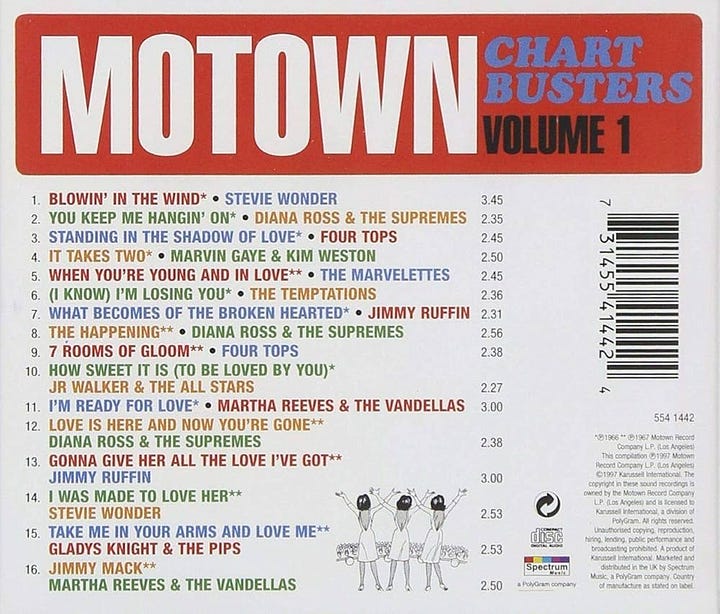
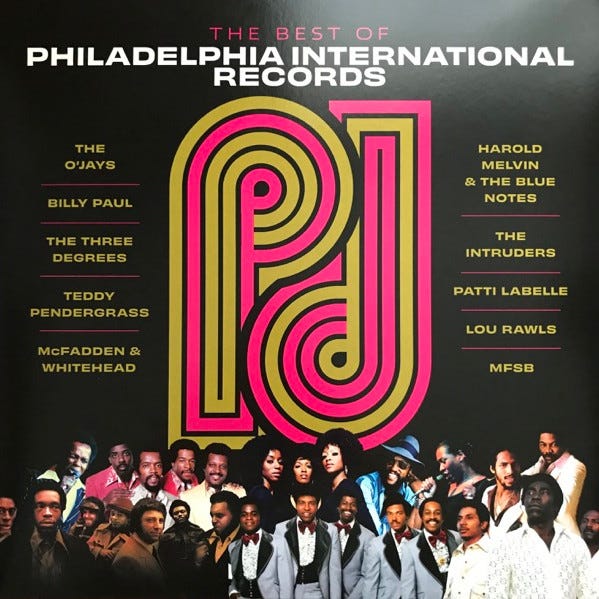
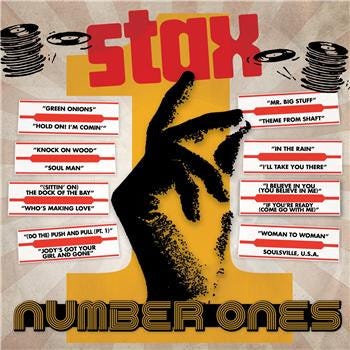
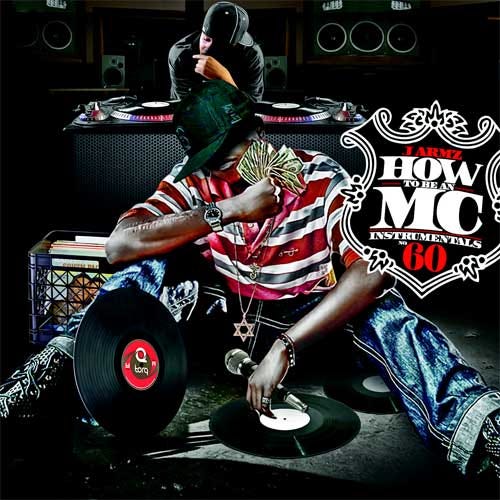
Motown Chartbusters (1967–1982) were a cross-section of hits that built a global audience for the Motown sound.
Philadelphia International Records collections (1970s) → packaged the Gamble & Huff sound into digestible albums that carried Philly soul worldwide.
Stax & Atlantic soul samplers broadcasted Southern soul to new markets, giving listeners an entire label’s catalog in one record.
Later, funk reissue compilations like Ultimate Breaks & Beats (1980s) didn’t just archive — they reframed grooves as raw material for hip-hop, giving old music a completely new context.
Compilations are context machines. They frame a sound, a label, or a movement in a way that helps new listeners make sense of it.
Also can’t leave out one of my favorite compilations that got me into producing Hip Hop: J.Armz - How To Be An MC, which collected so many popular and rare hip hop instrumentals.
Looking ahead, I see compilations as guides in the WHOT world and Relapse universe. From The Vault to Petty Tape or the various elemental EPs such as Aqua or Aero each checkpoint can be reframed as a curated compilation that allow new listeners to engage and deepening the journey for the day-ones.
Because at the end of the day, it’s not just about stacking streams. It’s about giving context and building connection. Compilations have always done that and maybe they’re still one of the most overlooked tools we have right now.
Keep reading with a 7-day free trial
Subscribe to We Had Our Time to keep reading this post and get 7 days of free access to the full post archives.



